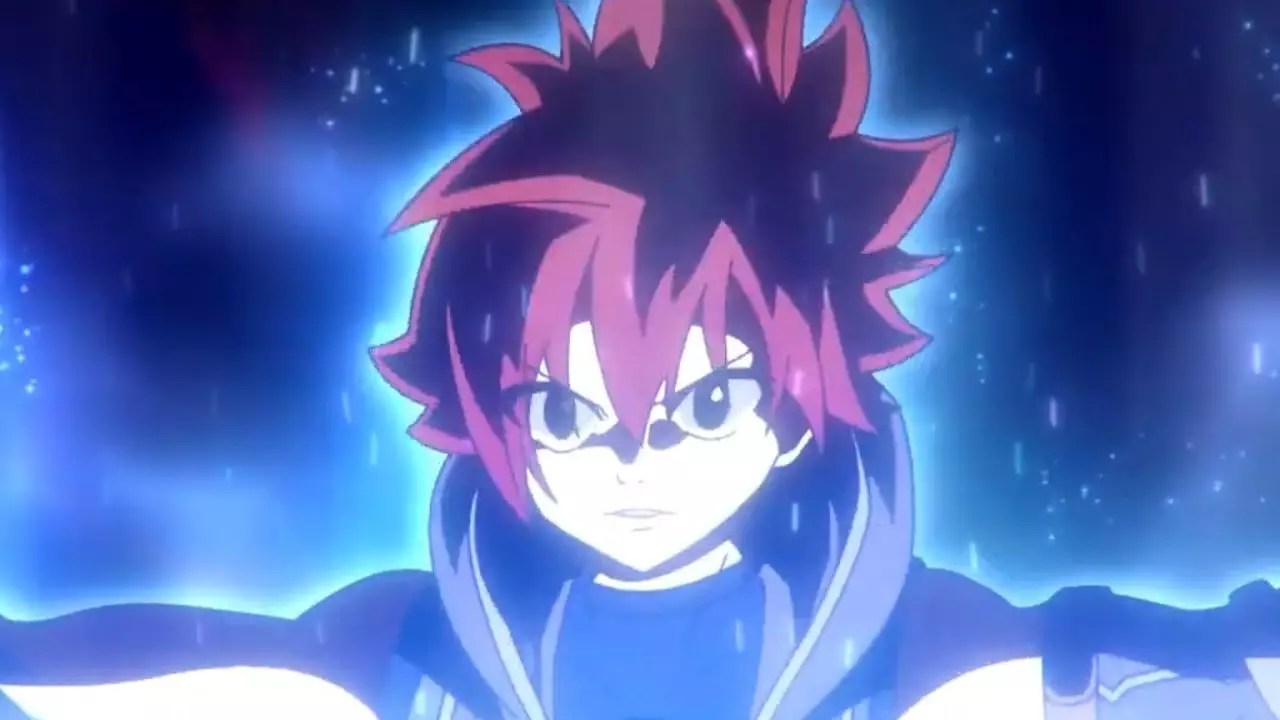The gaming landscape has continually evolved, exploring innovative concepts that merge various genres. One such intriguing endeavor is Farmagia, unveiled during the June 2024 Nintendo Direct presentation. This game draws inspiration from two of Marvelous’s hallmark series, Rune Factory and Story of Seasons, but presents a refreshing twist. Rather than cultivating conventional crops, players nurture a variety of fantastical monsters in a unique blend of action RPG and farming simulation elements. Acclaimed artist Hiro Mashima, known for his work on Fairy Tail and Edens Zero, provides the visual foundation, endowing the game with a distinct artistic flair that immediately catches the eye.
Farmagia introduces us to Ten and his cohort of magical tamers, known as Farmagia. The narrative thrust places these characters into a war-torn setting where they must harness the powers of both their monstrous companions and their bonds of friendship. This premise sets the stage for a rich experience; however, the execution of its integrated farming and combat mechanics reveals a mixed bag of potential.
At first glance, the gameplay structure appears promising: divided between 2D dialogue sequences and 3D exploration. The former provides a canvas for character interactions within the quaint main city of Centvelt, while the latter thrusts players into lush environments where they can engage in farming. Nevertheless, Farmagia imposes strict limitations on the farming mechanics, as players can only replenish their Stamina—used to tend to the monster crops—after navigating through a maze, effectively mandating a blend of farming and dungeon exploration that interrupts the pace.
This mechanic proves to be a significant obstacle to fully immersing players in the farming experience. Farming serves as a crucial aspect of development in the game, where monster evolution is tied to nurturing them; yet the allure of farming quickly wanes when the environment feels lifeless and disconnected from the rest of the game. Without vibrant interactions or engaging landscapes, the farm becomes a mere obligation rather than a space for creativity and joy.
While challenges abound, Farmagia masterfully navigates its narrative landscape. The chapter-based storytelling comprises twelve segments, each weaving character development with overarching plotlines against the backdrop of war. Predictability might mar the experience at times, but the incorporation of character arcs adds depth to the otherwise straightforward plot. Inevitably, players will find themselves drawn to Ten’s friends as they confront personal challenges amidst their collective journey.
The dialogue, laced with comedic timing and light-hearted banter, reflects traits reminiscent of beloved anime shows, effectively carrying the game’s charm. Doses of lore enhance the background, enriching the fantastical world that players traverse. Despite its narrative simplicity, the engaging writing contributes to a cohesive experience that feels heartwarming and relatable.
Visually, Farmagia excels in both handheld and docked modes, presenting a vibrant world where character art and static backgrounds harmonize seamlessly. Mashima’s character designs resonate strongly with established anime archetypes, giving life to unique personalities such as Ten’s enthusiastic heroism and Emeru’s brooding demeanor. Each character is visually distinct, which enhances bonding and emotional investment.
However, the monster designs leave much to be desired. While they are central to gameplay, their apparent lack of diversity becomes a glaring oversight. The reliance on minor adjustments in color and appearance fails to enhance player engagement; battles often devolve into encounters with the same few creature types, leading to a repetitive experience.
Additionally, the 3D dungeons convey a sense of generic design, succumbing to a pattern-driven approach that limits exploration. The combat system, though executed smoothly, does not provide the depth or complexity expected from an action RPG. Instead, it simplifies interactions, focusing on timing and skills that do not fully leverage each character’s potential or provide strategic variety.
Ultimately, Farmagia strikes a balance by delivering a delightful combination of nostalgia and adventure, especially for fans of the fantasy genre. Its strengths lie in its charming character interactions, enjoyable dialogue, and captivating visuals. While the farming elements and combat mechanics may not fulfill their potential, the overall experience evokes the whimsical essence of an engaging anime narrative.
For gamers seeking a casual yet entertaining journey into a magical world, Farmagia serves as a worthy introduction. However, experienced players might grapple with its simplistic approach to action RPG fundamentals. Despite its flaws, this title stands as a testament to the joy of exploring bonds of friendship amid adventure—a gentle reminder that even the simple moments can be incredibly rewarding, as long as creators approach their craft with heart.


Leave a Reply